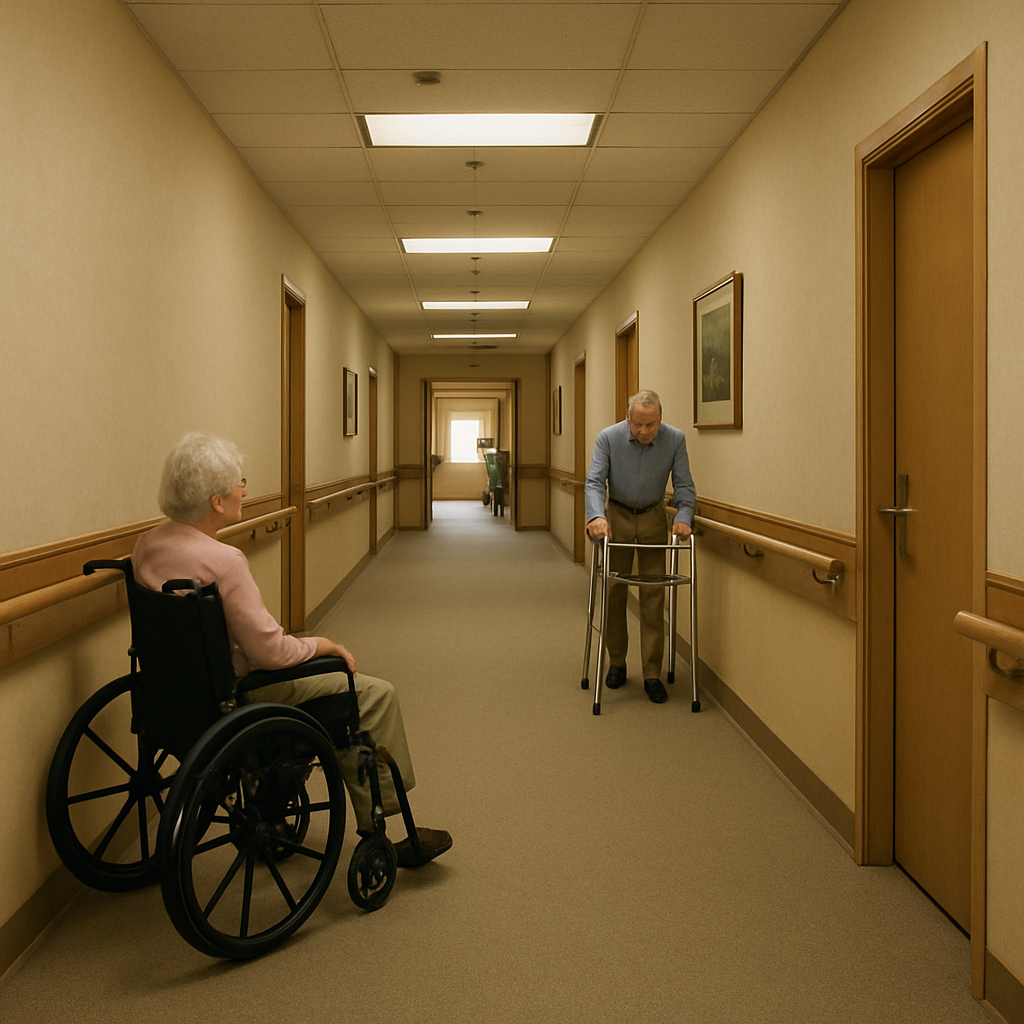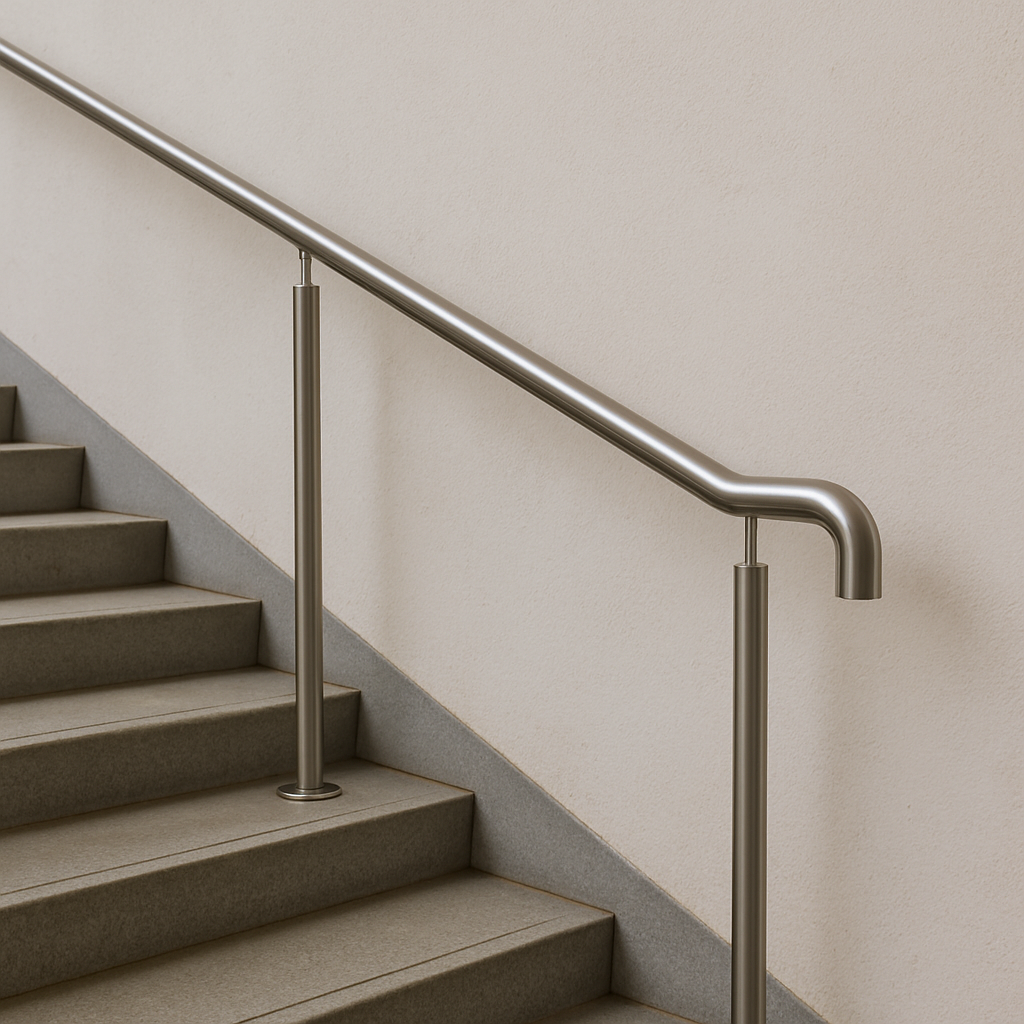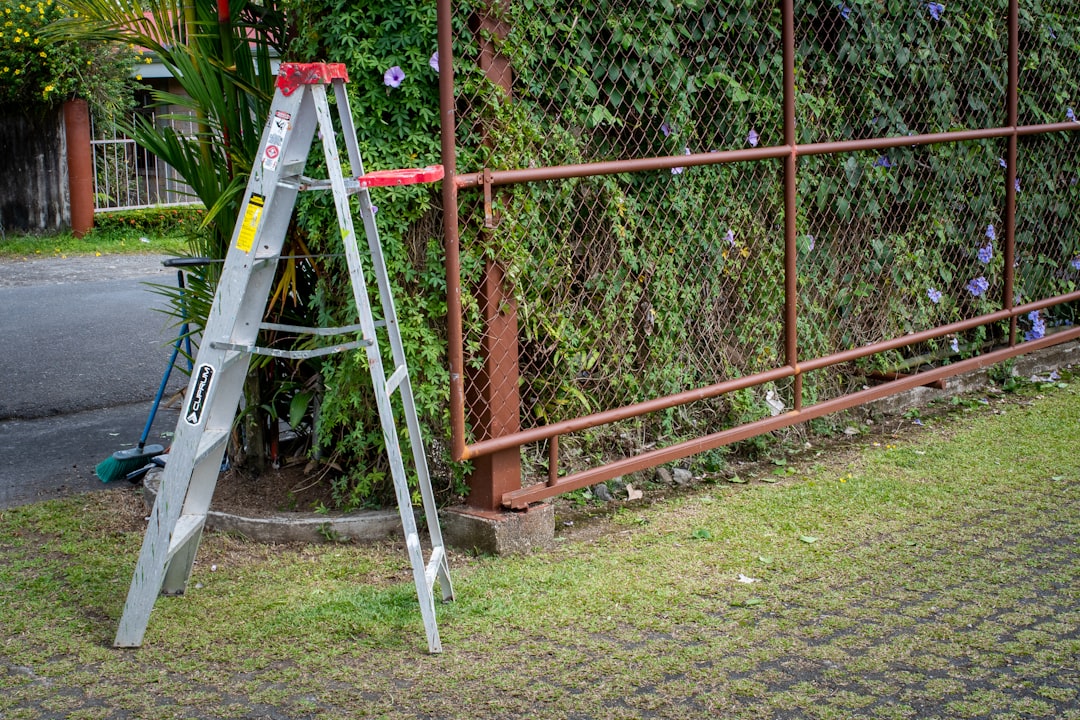 Service Hotline:13510328459
Service Hotline:13510328459
 205-206, 2nd Floor, Building 2, Xiazao Village Industrial Zone, Gaofeng Community, Dalang Street, Longhua District, Shenzhen City
205-206, 2nd Floor, Building 2, Xiazao Village Industrial Zone, Gaofeng Community, Dalang Street, Longhua District, Shenzhen City
 Service Hotline:13510328459
Service Hotline:13510328459
 205-206, 2nd Floor, Building 2, Xiazao Village Industrial Zone, Gaofeng Community, Dalang Street, Longhua District, Shenzhen City
205-206, 2nd Floor, Building 2, Xiazao Village Industrial Zone, Gaofeng Community, Dalang Street, Longhua District, Shenzhen City
Time:2025-09-24 Preview:
Creating a safe and accessible environment in nursing homes is a top priority for caregivers and facility managers. Among the various modifications required to ensure the safety and well-being of residents, the installation of handrails plays a crucial role. In this article, we will explore the importance of handrails in nursing homes, the various types of handrails available, and the steps involved in their installation.
Handrails are not just a convenience; they are a necessity in nursing homes. These fixtures provide essential support and stability for residents with mobility challenges, reducing the risk of falls and enhancing their independence.
Handrails serve as a reliable support system for elderly residents who may experience difficulties with balance or strength. By providing a stable surface to hold onto, handrails help prevent falls and accidents. This is particularly important in areas like hallways, bathrooms, and staircases, where the risk of falling is higher.
Handrails also facilitate mobility by offering residents the confidence to move around freely and safely. This increased mobility can lead to a greater sense of independence and improve the overall quality of life for nursing home residents.

There are several types of handrails available, each designed to meet specific needs and preferences. When choosing handrails for a nursing home, it's essential to consider factors like material, design, and installation requirements.
Wooden handrails are a popular choice due to their warm and inviting appearance. They can be customized to match the interior decor of the nursing home and are available in various finishes and styles. However, wooden handrails may require regular maintenance to prevent wear and tear.
Metal handrails, such as those made from stainless steel or aluminum, are known for their durability and strength. These handrails are resistant to rust and corrosion, making them ideal for both indoor and outdoor use. Metal handrails can also be designed to be sleek and modern, adding an aesthetic appeal to the facility.
Vinyl handrails offer a cost-effective and low-maintenance option for nursing homes. They are easy to clean and can withstand a fair amount of wear and tear. Vinyl handrails are available in various colors and styles, allowing for flexibility in design.

For nursing homes, ensuring that handrails are ADA-compliant is crucial. ADA-compliant handrails meet the standards set by the Americans with Disabilities Act, ensuring they are accessible to all residents, including those with disabilities.
The installation of handrails in nursing homes involves several steps to ensure they are secure and meet safety standards.
The first step in the installation process is to assess the facility's layout and identify the areas where handrails are needed. This includes hallways, staircases, bathrooms, and any other areas where residents may require additional support.
Based on the assessment, the next step is to choose the appropriate materials for the handrails. Consider factors like durability, maintenance requirements, and aesthetic appeal when selecting the materials.
Hiring a professional installation team is crucial to ensure the handrails are securely mounted and meet all safety regulations. Professional installers have the expertise to handle various materials and can provide guidance on the best practices for installation.
Once installed, it's essential to regularly inspect and maintain the handrails to ensure they remain in good condition. This includes checking for any signs of wear, tightening loose fittings, and addressing any damage promptly.

Proper handrail installation offers several benefits for nursing home residents and staff alike.
By providing a reliable support system, handrails significantly reduce the risk of falls and accidents, creating a safer environment for residents.
With handrails in place, residents can move around the facility with greater ease and confidence, promoting independence and improving their overall quality of life.
Ensuring that handrails meet safety standards and regulations helps nursing homes avoid potential legal issues and ensures that the facility is accessible to all residents.
Handrails are an essential component of nursing home accessibility, providing vital support and safety for residents. By understanding the different types of handrails available and following the correct installation procedures, nursing homes can create a safer, more accessible environment for their residents. Properly installed and maintained handrails not only enhance safety but also promote independence and improve the overall quality of life for nursing home residents.
For caregivers and facility managers, investing in high-quality handrail solutions is a step towards ensuring the well-being and comfort of all residents.
